
U.S. Sen. Mark Warner (D-VA)at a committee hearing in the U.S. Capitol in December 2021. (Photo by Anna Moneymaker/Getty Images)
U.S. Sen. Mark Warner, D-Virignia, recalls how over the years, he and colleagues in Congress used to say “we’re gonna get to housing next, we’re gonna get to housing next.” But it never really came, he said, and now “housing shortages are a real crisis.”
Last week, he called himself and his colleagues out for “kicking the can on housing” since before the COVID-19 pandemic. Though he and others had introduced proposals, the proposals haven’t always succeeded. But he’s encouraged this year, as a package of housing bills he helped craft advanced unanimously through the Senate’s Banking Committee.
He said that the overall goal is helping states cut through red tape and build more housing to fit their residents’ needs.
“‘Okay, locality, you don’t want the feds snooping into your zoning — but here, if we give you extra money or extra flexibility, will you be willing to lean in on speeding up the zoning and permitting process?’” Warner said the package proposes hypothetically.
For example, the package includes an “Innovation Fund” that would authorize $800 million to support locally-driven initiatives to expand housing supply and reduce costs. The Housing Supply Frameworks Act would direct the U.S. Housing and Urban Development department to create best-practice zoning and land-use frameworks as guidance for localities. The HOME Investment Partnerships Reauthorization and Improvement Act reauthorizes and updates HUD’s HOME Investments Partnerships Program to help localities facilitate construction of more affordable housing.
The first bit of the housing bills Warner spoke of on a call with the Mercury was the RESIDE Act, which he co-authored with Indiana Republican Jim Banks. That bill would create a new pilot program to help communities convert vacant commercial buildings — derelict hotels, warehouses, or strip malls — into residential ones.
“You’ve got deserted strip centers — they’ve got water, they’ve got power, they’ve got broadband, they’ve got parking,” Warner said.
Federal assistance can help communities get conversion projects over the finish line, he suggested. To achieve this, the program would operate under HUD to give grants to local governments seeking to acquire, site prep and rehabilitate blighted properties.
It’s “low hanging fruit,” state senator Schuyler VanValkenburg, D-Henrico, said. Like the U.S. senator, he is also focused on housing legislation and no stranger to introducing it in Virginia.

Some advancing legislation in Warner’s package is similar to measures introduced by VanValkenburg and others at the state level. Not all of the ideas came to fruition, though, as they met concern or pushback from local governments.
Such was the case for a bill by VanValkenburg that would have required localities to adopt by-right zoning for multifamily housing near commercial and business districts, which are often also corridors with public transit. The bill failed, as did his proposal to give state government authority to step in when local governments failed to take steps to create affordable housing.
Meanwhile, Warner’s Build More Housing Near Transit Act would amend a federal grant program to allow the Federal Transit Administration to give transit projects a higher rating if they are located in areas that adopt policies to encourage more housing near public transportation hubs.
VanValkenburg noted that federal lawmakers can help accentuate state and local lawmakers’ efforts.
“Subsidies are things that the federal government can really do to help jump start housing that state or local governments can’t always do in the same way,” he said. “Solutions are going to be solved, fastest, if all three levels of government are working together, and each level of government can bring something different.”
Other measures included in Warner’s housing package streamline efforts between different federal agencies to reduce funding or approval delays for things like new rural housing or preservation of existing rural homes, enhance transparency on loans for veteran homebuyers, and fund a pilot program for grants and loans to help low-and-moderate-income homeowners or certain landlords address critical home repairs and health hazards to preserve affordable housing stock.
With an estimated shortage of 4.5 million homes nationally, according to the U.S. Chamber of Commerce, lawmakers at all levels are exploring how the public sector can help the private sector.
Dubbed the Bipartisan ROAD to Housing Act, Warner is hopeful that the housing package stands a good chance to become law.
The fact that the committee voted unanimously, he said, is something he feels “pretty darn good about.”
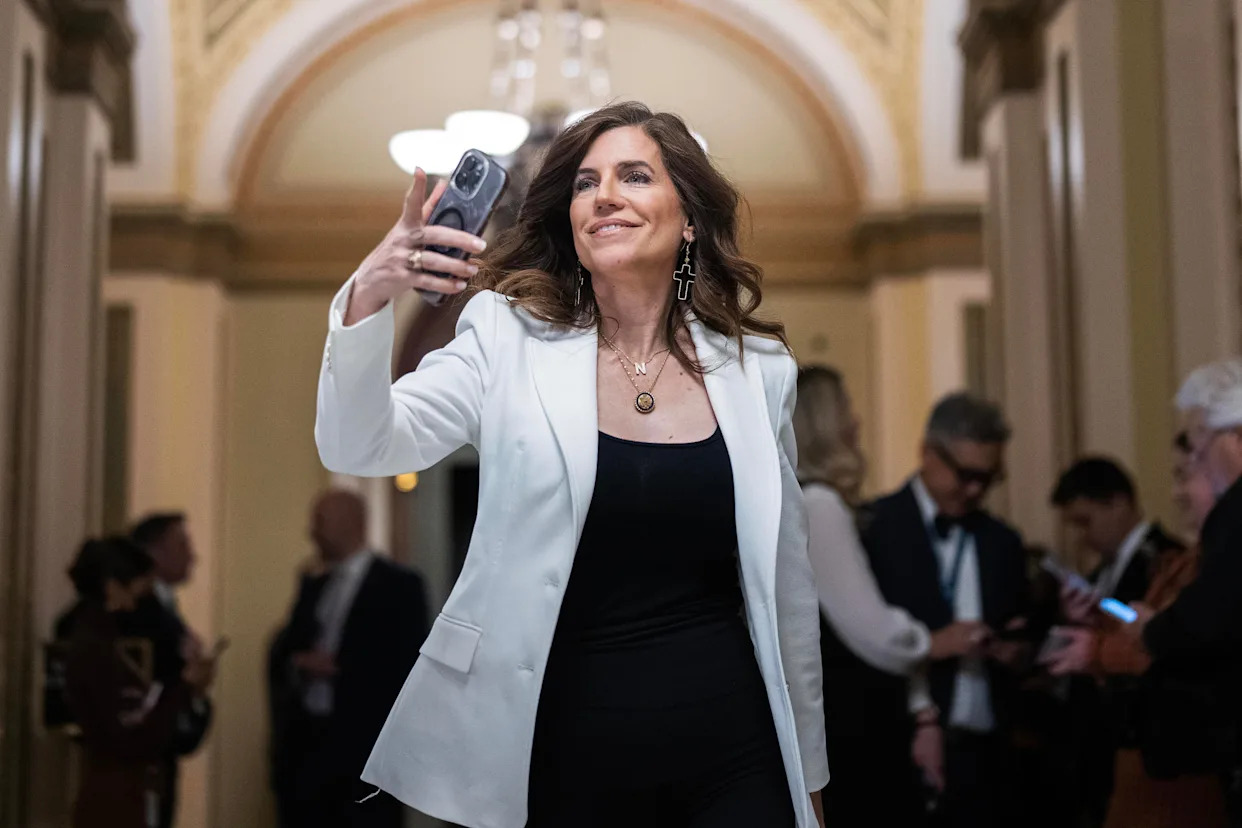

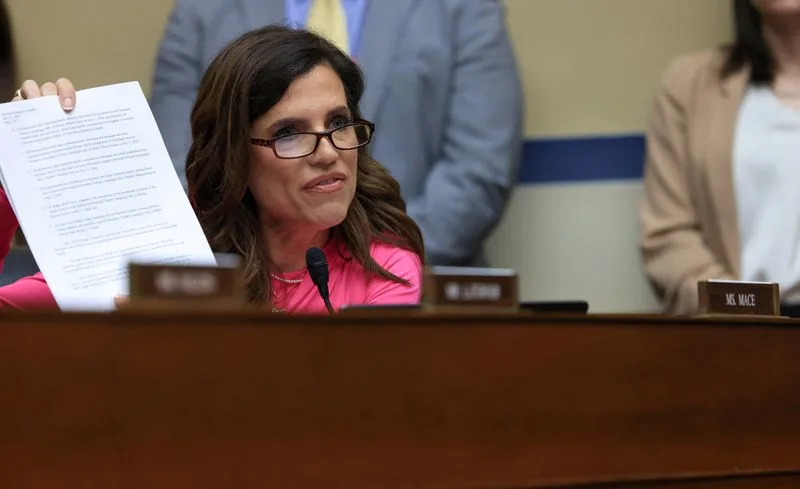
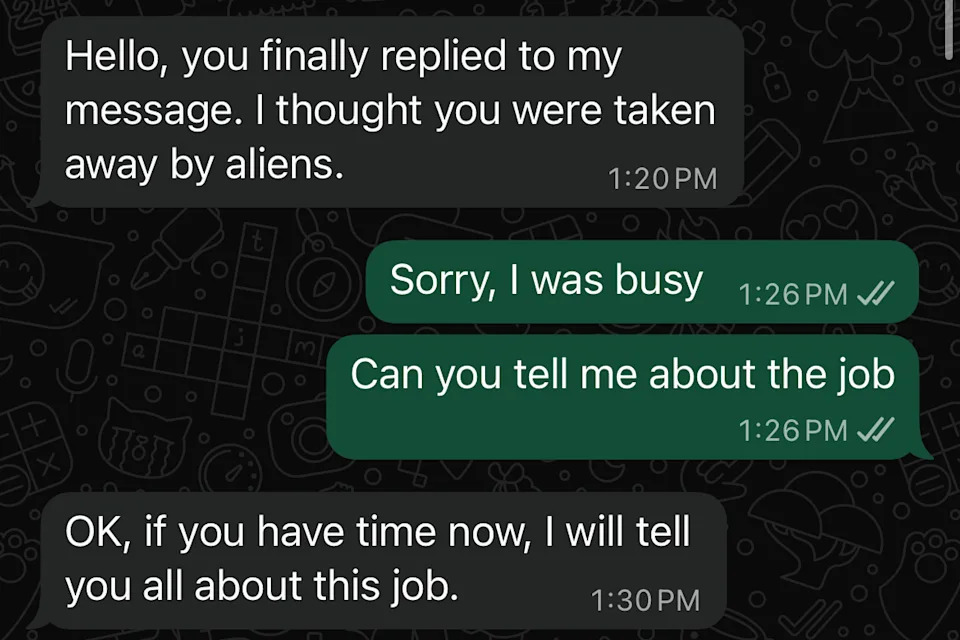
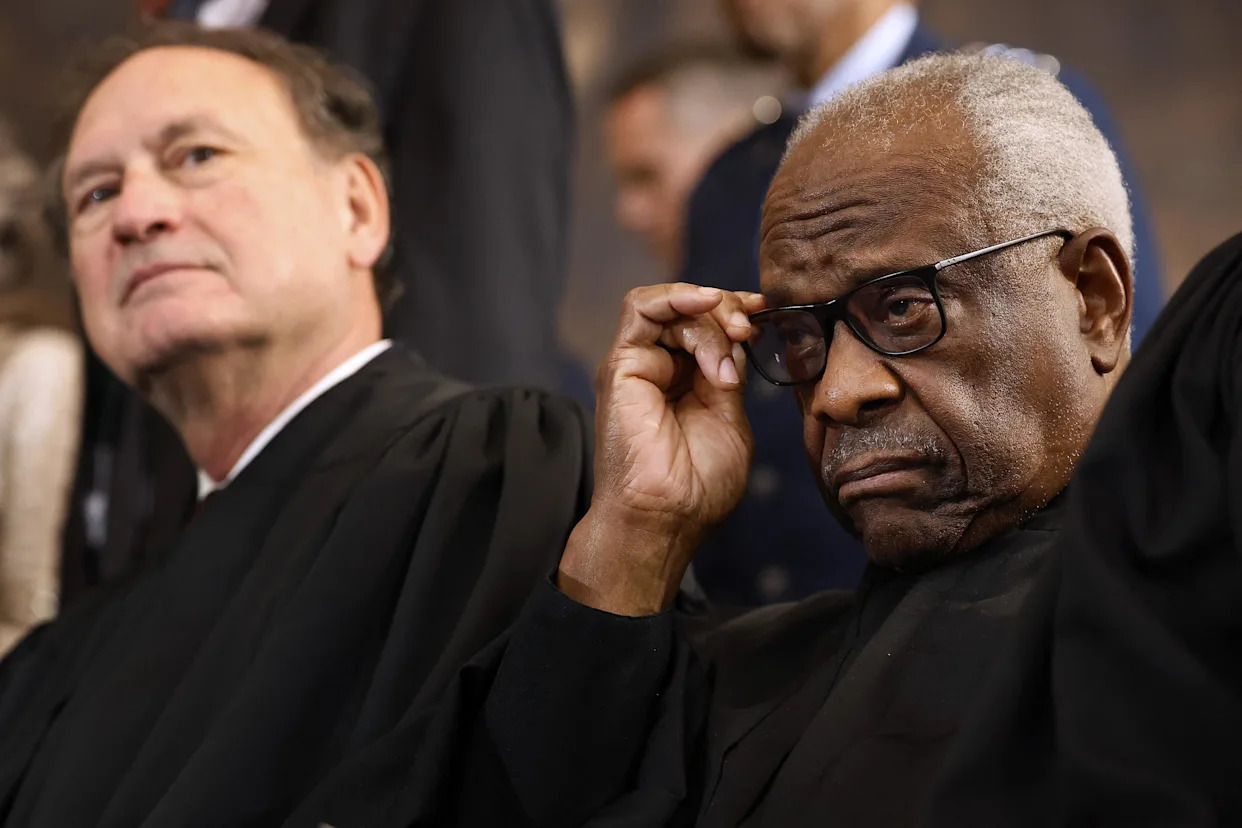

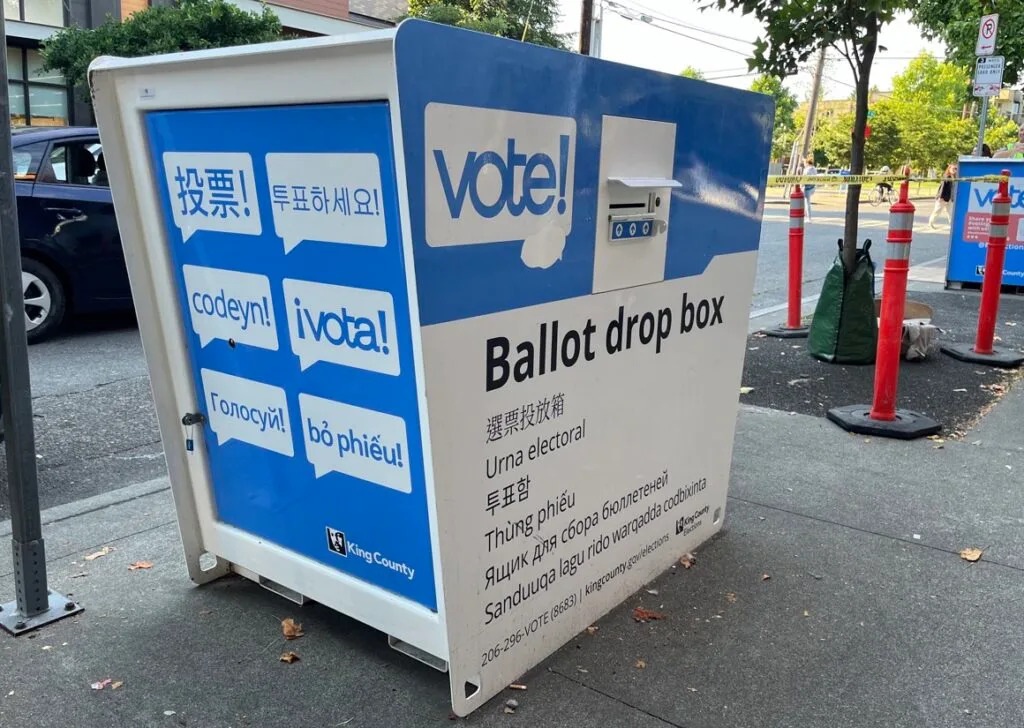

Comments